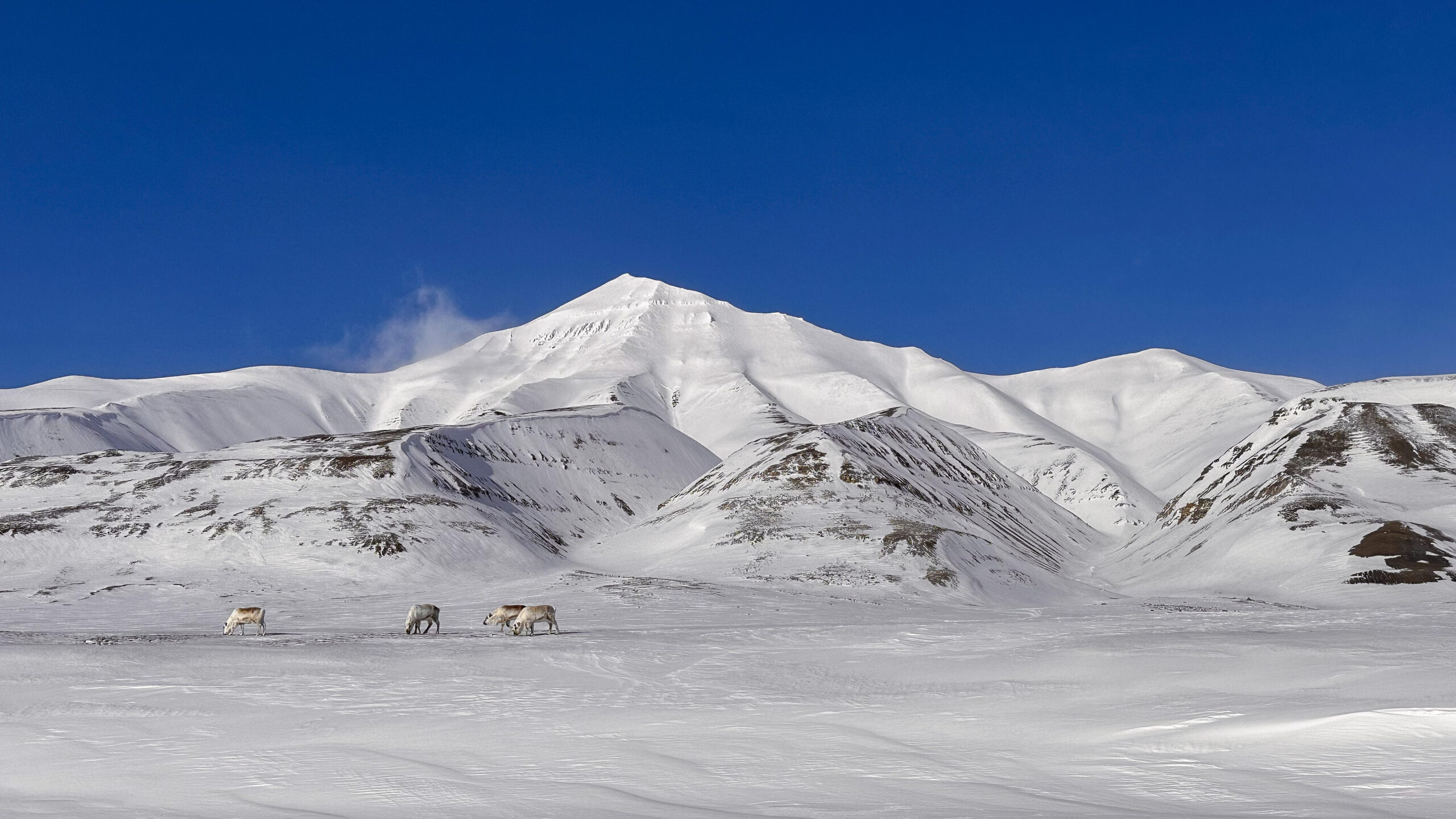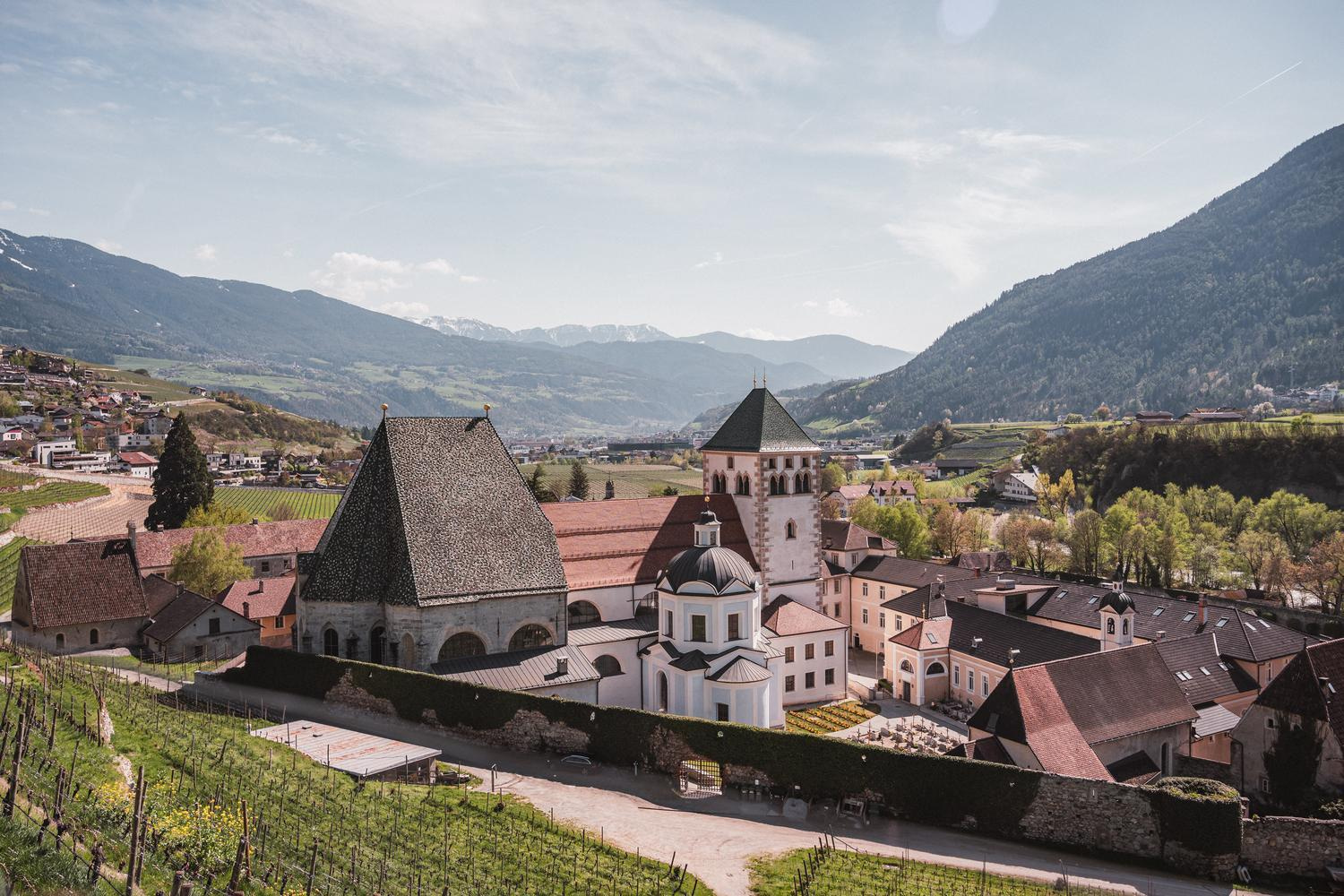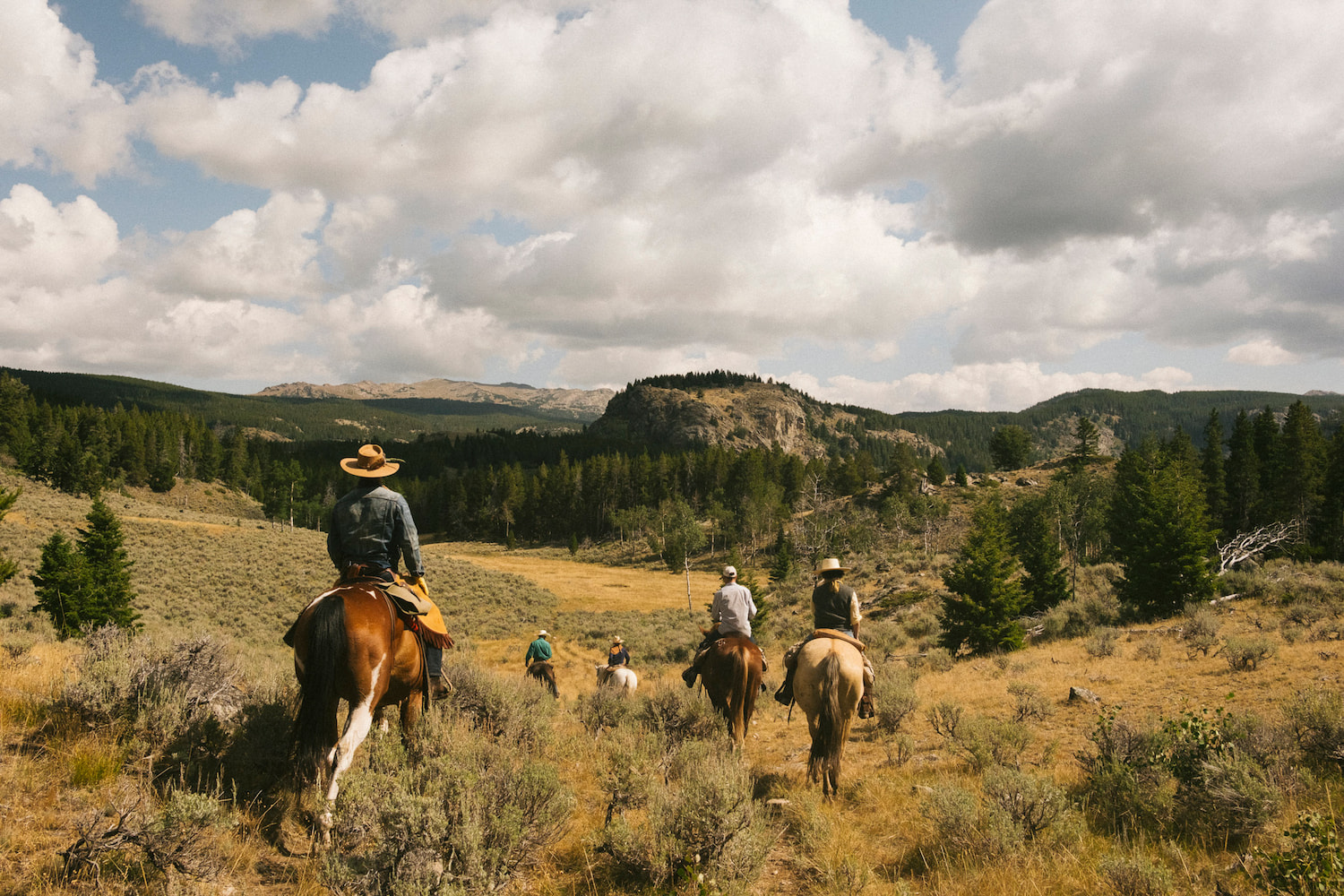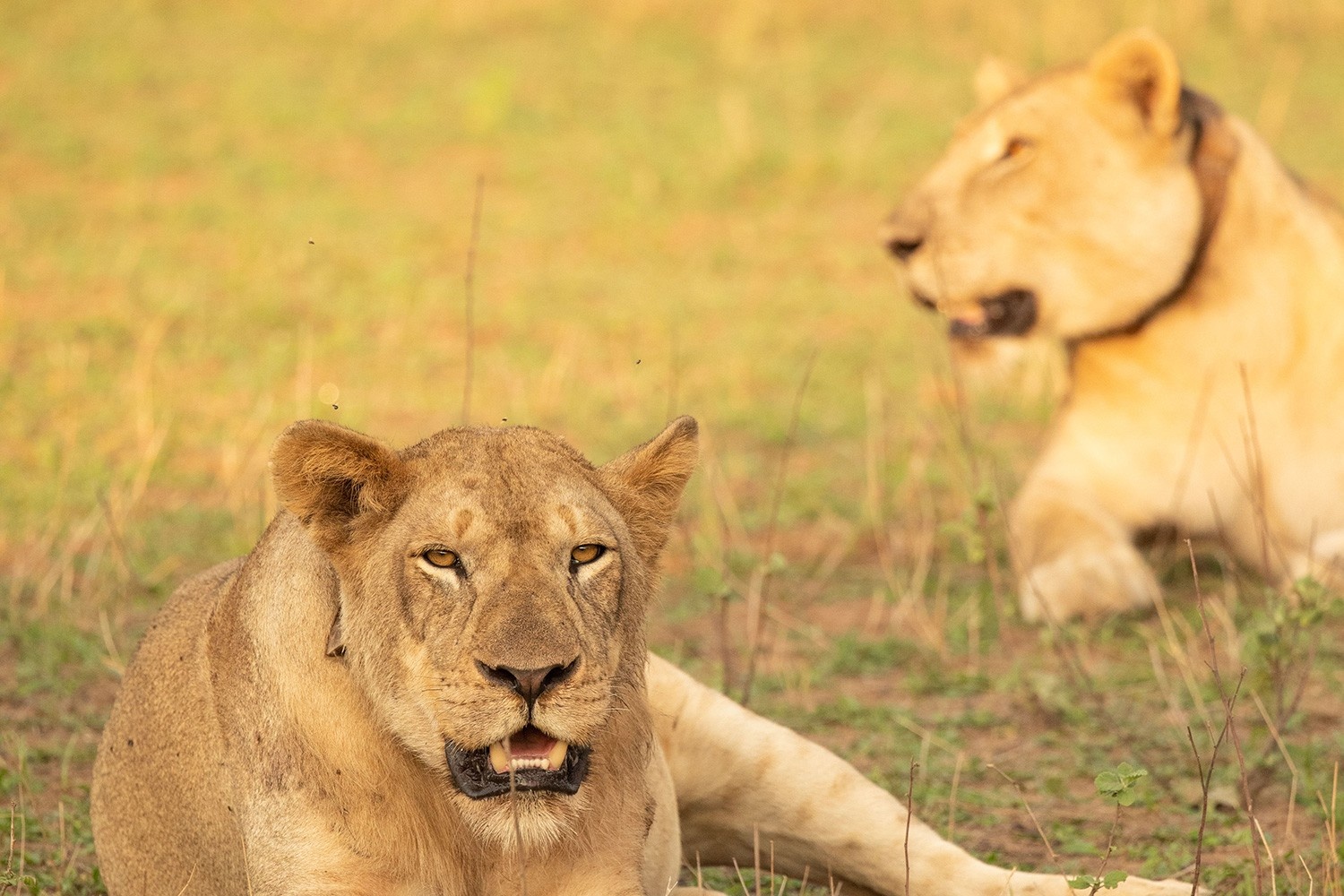NORTH STARS:
Wildlife Ecosystems
Gender Equality
Energy Efficiency
“The world that we desperately want to engage with also desperately needs protecting.”
An open expanse of white plain glittered and crackled as we sped across on snowmobiles. As the front vehicle slowed, each driver lifted an arm in synchronized swimming fashion to indicate to riders behind that the group intended to halt. Pulling into the left of the formation, I shut off the engine. Though it was below 10 degrees Fahrenheit, I slipped off my helmet, ripped off a glove, and dug my hand into the cozy pocket of my lined suit to grab my phone for an impromptu photo. I had to get the shot before suffering frostbite. Over 100 feet above us on an icy shelf a family of white-coated Svalbard reindeer munched on twigs and the barest of brush. What was I even doing here, I wondered, torn between feelings of adrenaline and intrusion.
Increasingly, many travelers who have long lived for the thrill of alighting in far-flung (to them) destinations, are asking how to continue doing it, but better. The world that we desperately want to engage with also desperately needs protecting, from the carbon emissions of flying to the ecological footprint of consuming resources on the ground. It’s increasingly hard to justify traveling without giving back to the communities and ecosystems many of us derive joy from.
For that reason, I reached out to Shannon Stowell, CEO of the Adventure Travel Trade Association (ATTA), to ask his thoughts on the industry’s transition to better habits and products. Stowell has been on the boards of both the Global Sustainable Tourism Council Board and the American Hiking Society. I met Stowell on that trip to Norway and Svalbard during a Tourism Cares Conference and immediately sensed a kindred spirit.
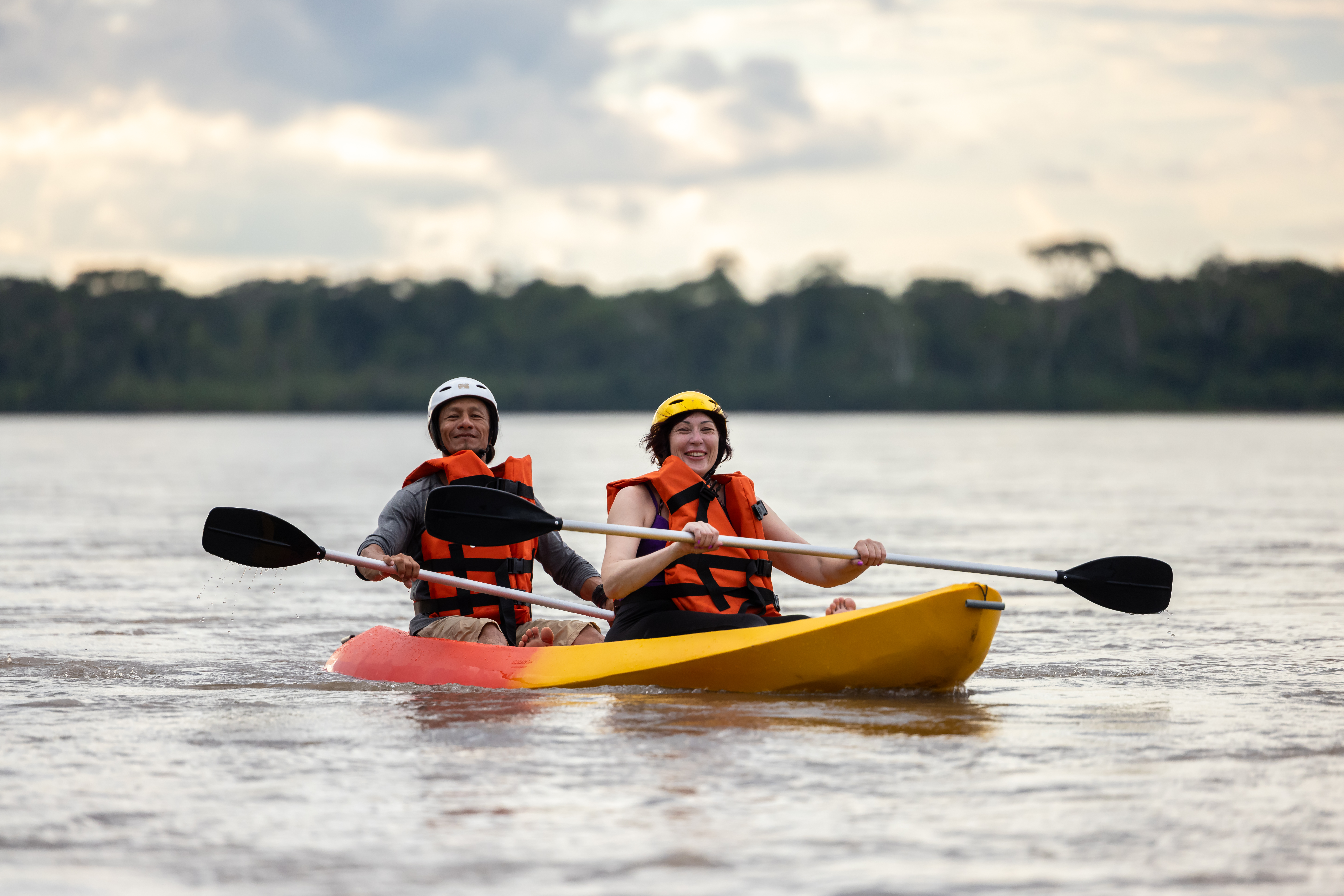
AdventureELEVATE Latin America in Quito, Ecuador. Image by Hassen Salum.
The Travel Industry Perspective
According to Stowell, sustainability is imperative for the preservation of the adventure tourism industry, the companies, and the wildlife and communities within which they operate.
“At the most basic level, adventure travel relies on nature and culture as key components of an adventure travel experience. So, if that nature or culture is damaged or lost, it likely won’t rebound or not as it should so the core experiences of an adventure travel trip are lost,” says Stowell.
Stowell pointed out the myriad challenges that constrict stakeholders, from long-term chronic disasters of climate change to one-off but acute damages like the loss of ancient irreplaceable artifacts. “Sustainable action is the only choice for companies,” he says.

Shannon Stowell, CEO of the Adventure Travel Trade Association. Image Courtesy of ATTA.
Shifting the Traveler’s Mindset
Asked for trends and predictions, Stowell notes a few observations.
“I think you will see more community tourism experiences that are really a win-win for the traveler, the community, and the tour operator,” he says. “I think more remote places will be offered by tour operators as main attractions get busier and suffer from overtourism,” he notes.
Stowell also believes there’s been a shift in mindset by companies, with many reframing guest expectations to align with industry values. “Tour operators are taking charge of their travelers and experiences more, and the insidious attitude of ‘the customer is always right’ is melting away, as it should,” he says.
“I think that because many travelers either don’t understand the negative impacts they can have or worse, don’t care, companies and governments must structure their offer around sustainability. We cannot rely on travelers all the time to know how to do the right thing,” he adds.
Other thoughts proffered include the damage the geopolitical behavior of countries, such as the conflict between Russia and Ukraine, is having on their attractiveness to visitors. Stowell also thinks the industry is poised for greater inclusivity as “medical advances keep people mobile and alive longer,” which inevitably will encourage more people with “disabilities of some sort, to travel,” he says.
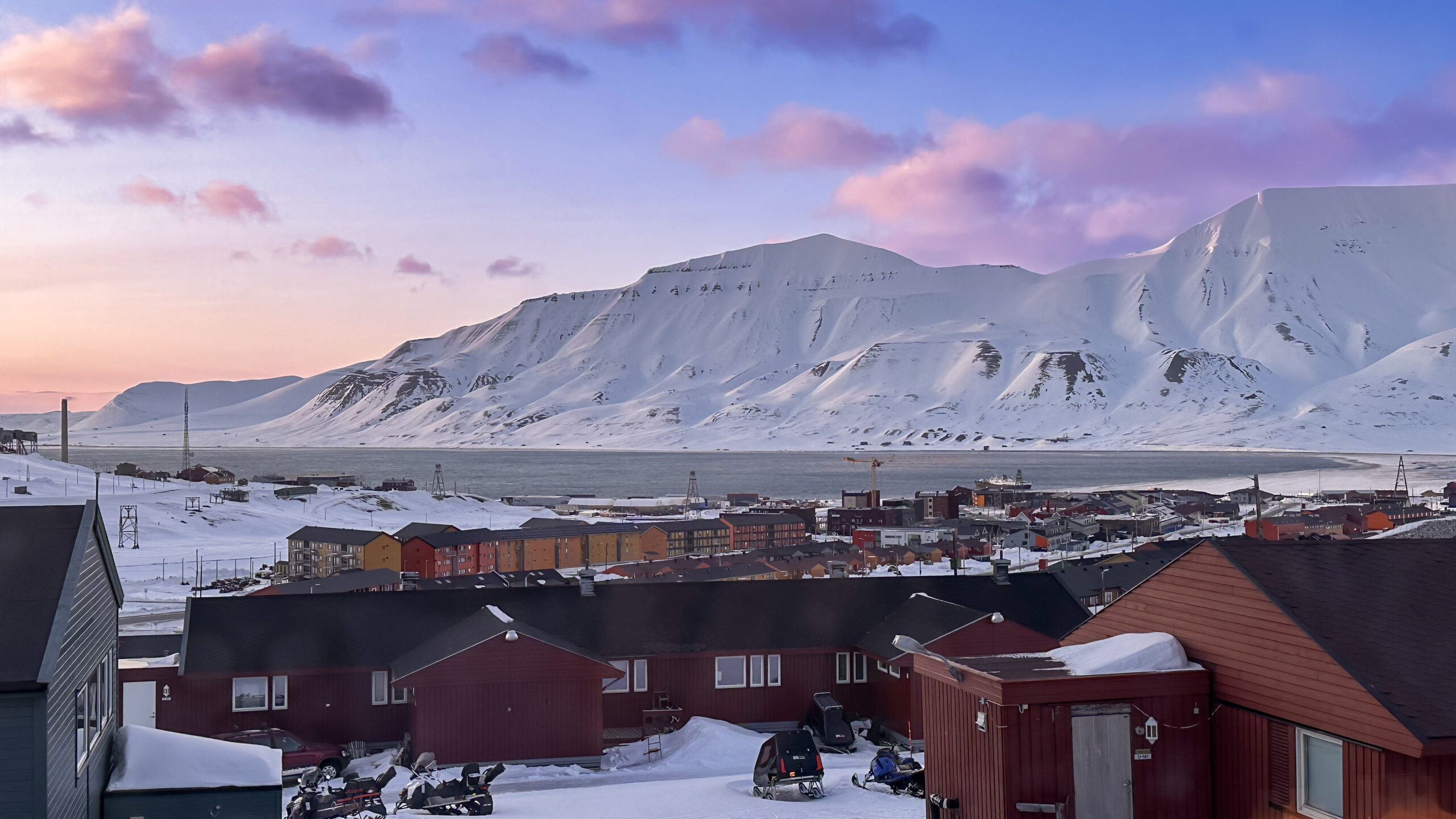
Midnight sun in Svalbard. Courtesy of Lauren Mowery.
Destination Trends
Looking ahead at destination trends, Africa has emerged a popular choice with growth in bookings hitting an impressive 33 percent since 2019. This increase extends well beyond the safari, an exciting development given not only the cost of safaris (or at least the sort most Americans book), but for the open-mindedness travelers now have to the variety of cultural and eco-adventures possible in such a diverse continent.
Egypt led the way, with growth in organized adventure bookings reaching 87% across tour operators since 2019. The country landed as TourRadar’s second most popular global destination in 2023 (behind Italy, and ahead of Japan.)
In Asia, Japan and South Korea saw impressive numbers, while in Europe, Portugal, Albania, and Slovenia are increasingly drawing the curiosity of adventure travelers.
Though ATTA is mainly a trade resource, the website has a lot of great information for Azure Road readers, from updates on its members to climate action.
For more on the ATTA’s sustainability work, check out these resources: Sustainability Policy + Fund, the Year of Climate Action, and a Sustainability Resource Center.
For ethical and eco-minded adventure travel tour operators, check out this Azure Road vetted list.
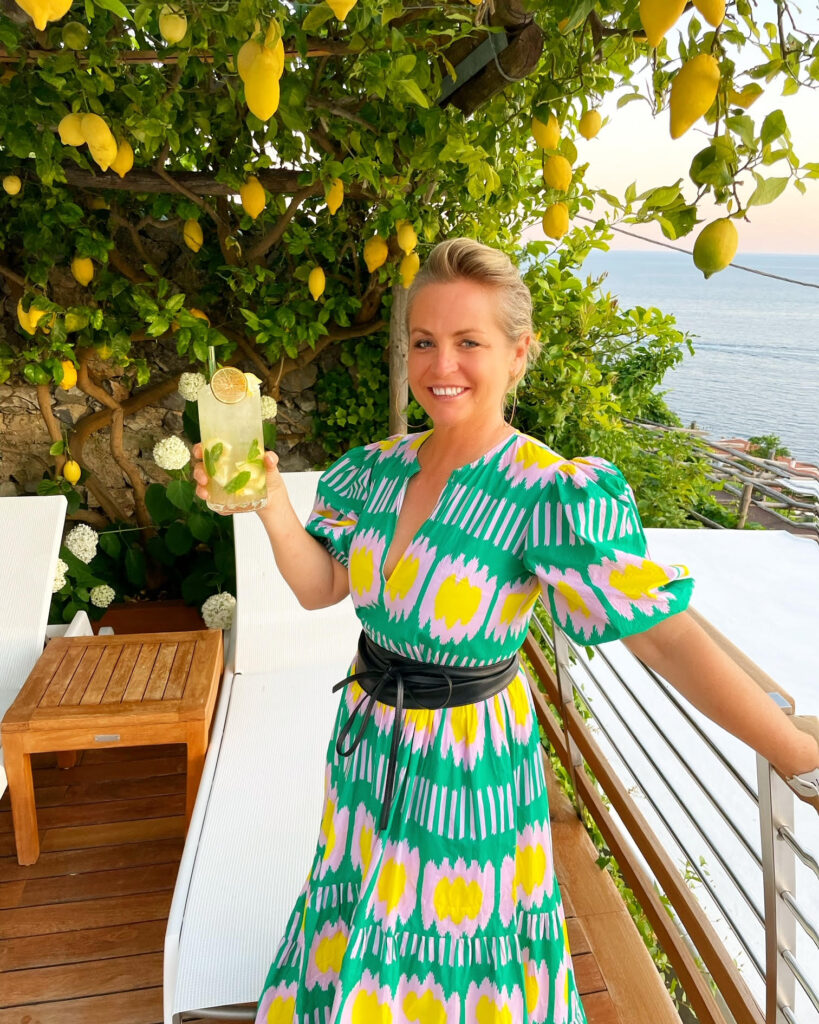
Founder and CEO of Azure Road, Lauren Mowery is a longtime wine, food, and travel writer. Mowery continues to serve on Decanter Magazine’s 12-strong US editorial team. Prior to joining Decanter, she spent five years as the travel editor at Wine Enthusiast. Mowery has earned accolades for her writing and photography, having contributed travel, drinks, food, and sustainability content to publications like Food & Wine, Forbes, Afar, The Independent, Saveur, Hemispheres, U.S. News & World Report, SCUBA Diving, Plate, Chef & Restaurant, Hotels Above Par, AAA, Fodors.com, Lonely Planet, USA Today, Men’s Journal, and Time Out, among others.
Pursuing her Master of Wine certification, she has also been a regular wine and spirits writer for Tasting Panel, Somm Journal, VinePair, Punch, and SevenFifty Daily. Mowery is a graduate of the University of Virginia and Fordham Law School, and she completed two wine harvests in South Africa.
Follow her on Instagram @AzureRoad and TikTok @AzureRoad
North Stars: Energy Efficiency, Gender Equality, Wildlife Ecosystems


